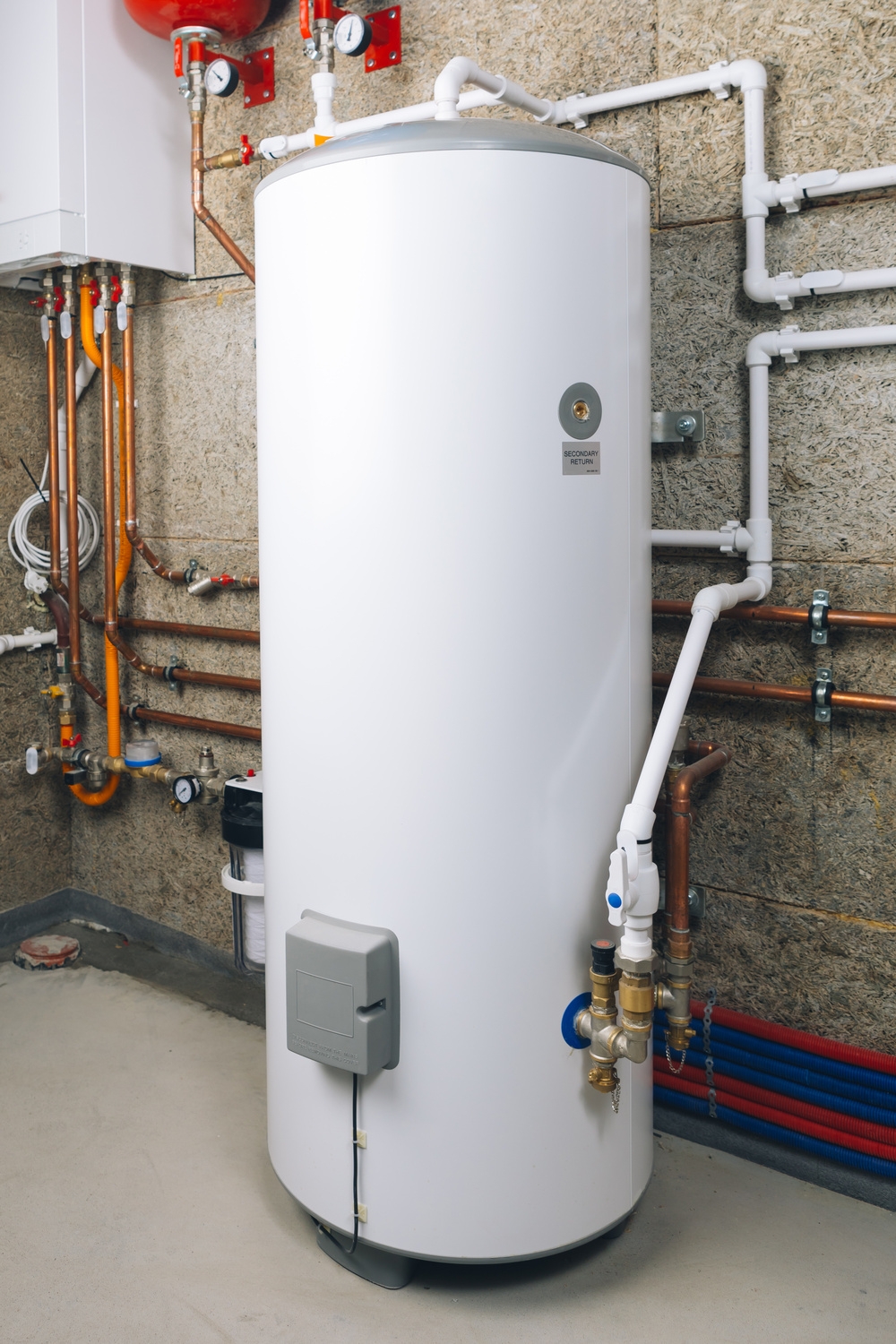For all homeowners, it’s crucial to take care of their hot water system to ensure an uninterrupted supply during the cold season. After all, it’s bothersome to end up with cold water as you shower in the morning.
There are times when this indicates an issue with your water system overall. Choosing the right one is important if you need a brand-new replacement.
Generally, hot water systems consume a significant amount of energy. So, if you don’t pick one that uniquely suits your home, you may end up with high utility bills every month. You should consider checking out a reliable provider of hot water services in your area to get advice on finding the right one.
In the meantime, here are some insights to remember when selecting a hot water system for your home:
1. Decide On Your Budget
Depending on the type, a hot water system can be a huge investment for many homeowners. When deciding on your budget, you should take into account its yearly operating costs. Create a rough estimate and compare it with other energy-efficient models. Doing so will help you decide which system fits your budget in the long run.
2. Know The Different Types Of Water Heaters
While picking out the right hot water system, it helps to be familiar with the different models and types available on the market. This is a key step when you’re renovating your plumbing system. Here are the ones most commonly used in homes:
- An immersion water heater is an ideal choice for those on a tight budget. Many households prefer this thanks to how easily and conveniently it can heat water. Additionally, it’s the most energy-efficient.
- A gas water heater uses gas to heat the water. The gas supply can either come from cylinders or pipelines. This is another energy-efficient option for those on a budget since this system is not directly connected to your electricity.
- An instant water heater doesn’t require water storage since it warms up water immediately. On the market, it’s also called a demand-type water heater. These heaters usually come with a variety of features to better customize the way you heat your water. Naturally, this means they’re on the pricey side.
- A storage water heater or reservoir-type hot water system comes with a storage tank. When you switch on the system, it warms up the water in the storage tank, offering a continuous supply. Most models include several safety features, a rust-proof tank, and LED indicators.
- A heat pump utilizes electricity to move heat from one location to another. This usually works by drawing in the surrounding air, soaking up the heat via a refrigerant, and passing it into the tank.
Think about which option seems the most convenient, suitable, or efficient for your home. Then, compare their typical ranges to what you’re willing to budget. Try and avoid compromising on this all the time to avoid regrets once you decide to buy one.

3. Know The Suitable Size For Your Home
The size of the water heater is another crucial consideration when you’re choosing a new hot water system. Its size is directly connected to its capacity to supply your home.
If you live on your own, you can expect your total consumption to be low on average. But the amount is higher for those who take long showers or wash clothes often and is especially so for those who live with family or friends. An inadequate hot water supply can inconvenience anyone, especially those who have to use it regularly.
Therefore, you should also take into account the number of people who will use hot water in your household, the number and size of the bathrooms you have, and the appliances that will utilize hot water. This lets you gauge how big your hot water system should be.
4. Determine The Energy Source
How you power your hot water system can affect your yearly operational and your home’s overall energy efficiency. So, your choice of energy source should depend on your lifestyle and budget. You can check user manuals to understand how you power your system and how much it needs.
Here are some popular energy sources for hot water systems:
- Electricity is the energy source for the conventional, on-demand model, heat pump model as well as tankless types of water heaters.
- Natural gas is another good energy source for conventional and demand-type water heaters.
- Solar energy may be viable for homes that get abundant sunlight.
- Oil is the go-to choice for conventional storage-type hot water systems.
Final Thoughts
A hot water system plays an important role in any home. When the time comes for your home to get a new one, you should keep the points laid out here in mind. These can save you a lot of trouble and inconvenience in the long run.

